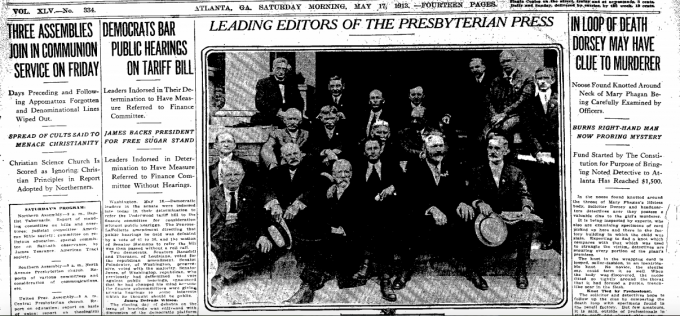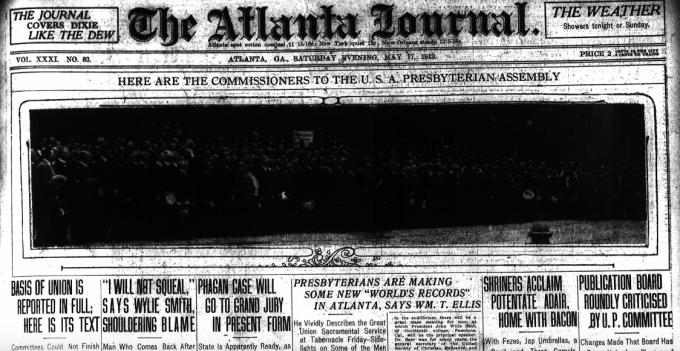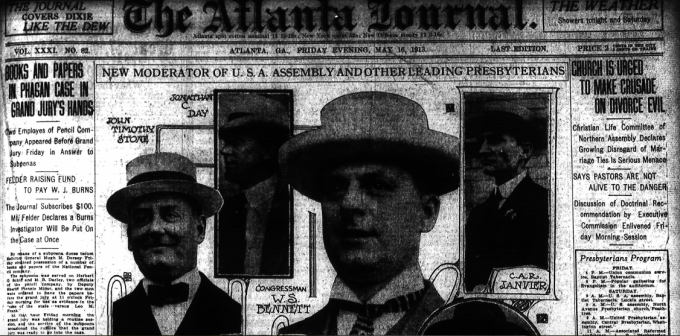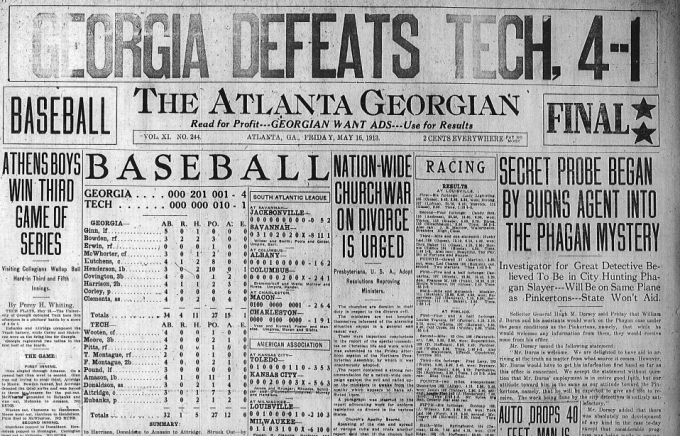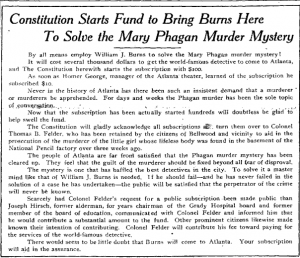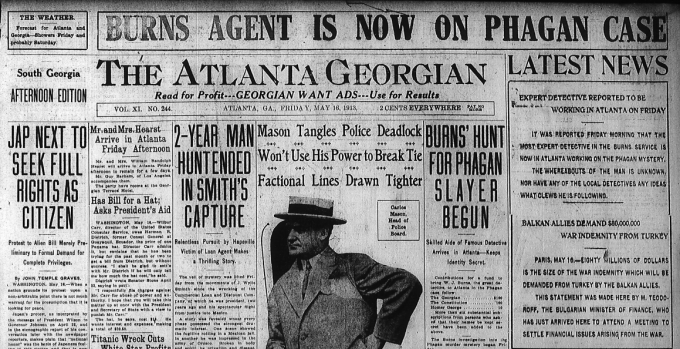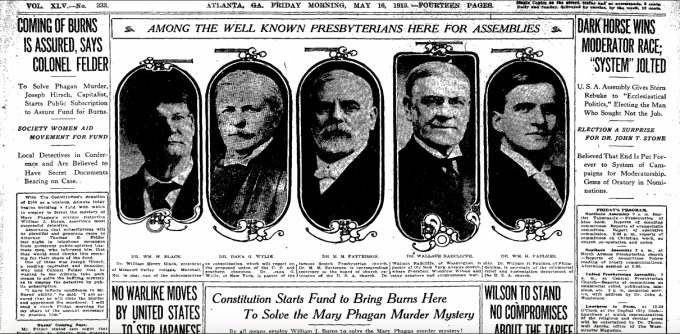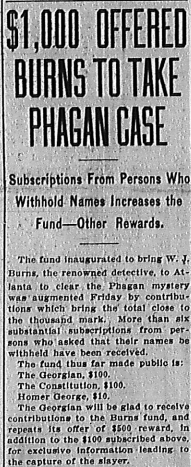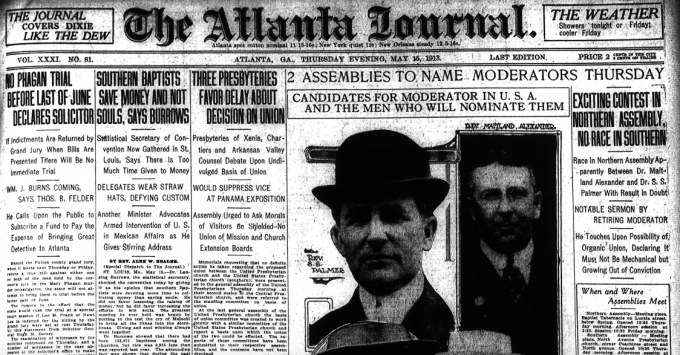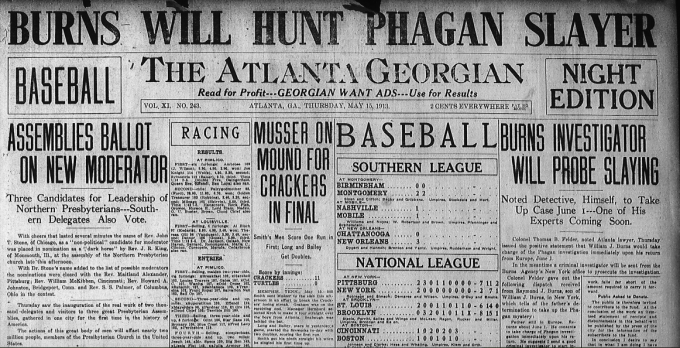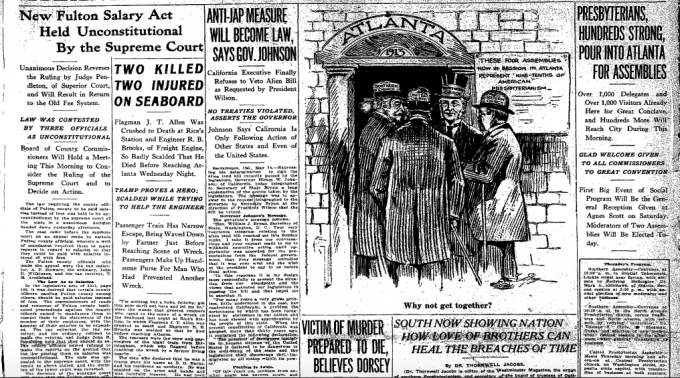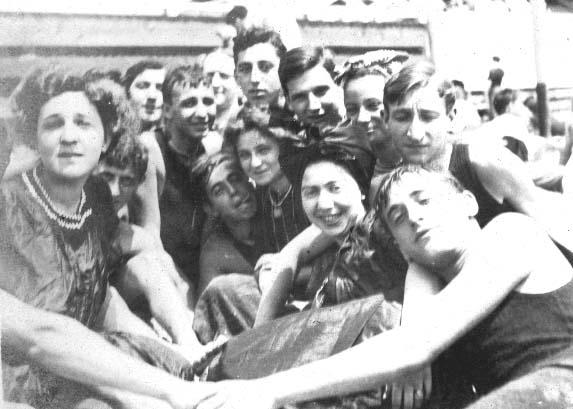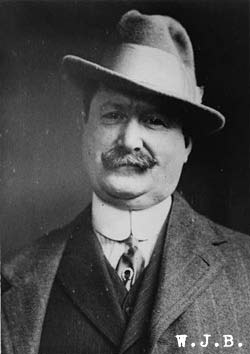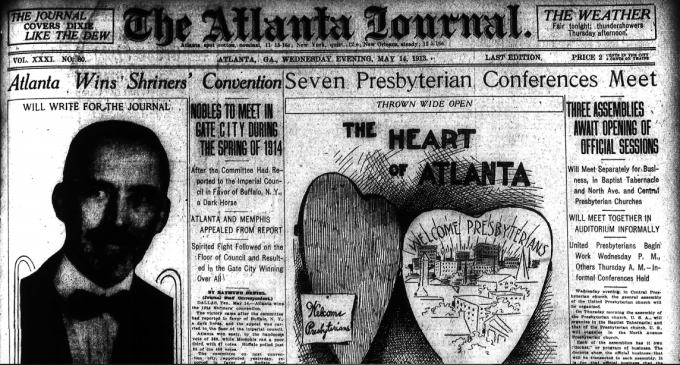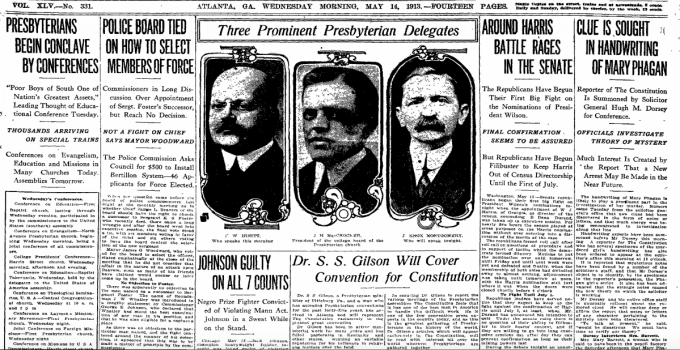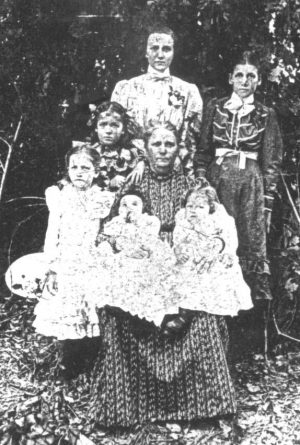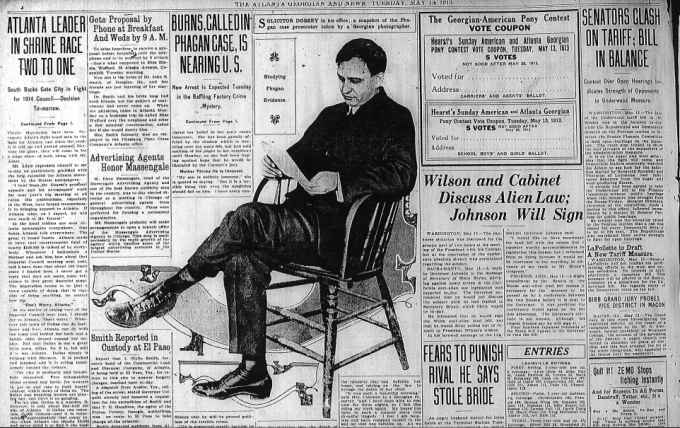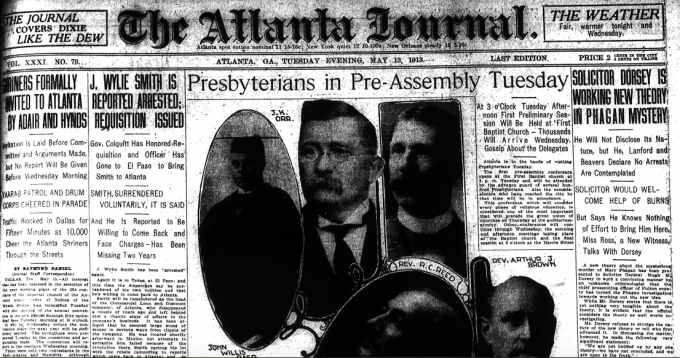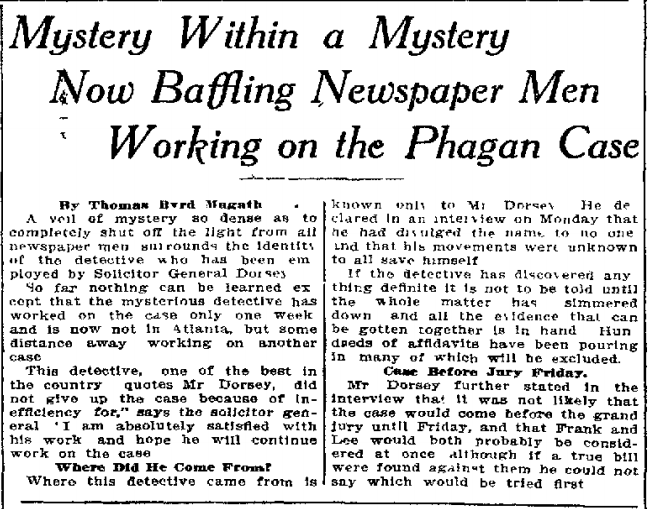Another in our series of new transcriptions of contemporary articles on the Leo Frank case.
Atlanta Georgian
Saturday, May 17th, 1913
Solicitor General Dorsey Declares Work of His Greatest Detective Has Been Completed.
WELCOMES AID OF BURNS IN CLEARING UP MYSTERY
Solicitor Hugh M. Dorsey said Saturday that his “greatest detective in America” would not figure again in the Phagan investigation, and that it was extremely doubtful whether he would be recalled to testify at the trial.
“He has finished his investigation,” said the Solicitor, “and we have no further need for him. A detective is one thing and a witness is another. His investigation led us to witnesses. It is not necessary for him, or any detective, to tell the jury what a disinterested witness will tell.”
He would not say, however, whether his decision not to put the “greatest in America” on the witness stand would apply to the city, Pinkerton and Burns detectives.
Grand Jury Meets Wednesday.
The Solicitor announced that the Grand Jury would meet next Wednesday for an extra session, but said it was hardly probable the Phagan case would be considered then. He said there were a number of cases that demanded attention and the extra session would more than likely be called to dispose of everything on the calendar to prepare for the session Friday, when the Phagan case would more than likely be presented.
Mr. Dorsey said that his interview of Friday, in which he said the Burns men would work under the same conditions as the Pinkertons, had been misconstrued by some to mean that the services of the great detective were not needed. Continue Reading →


